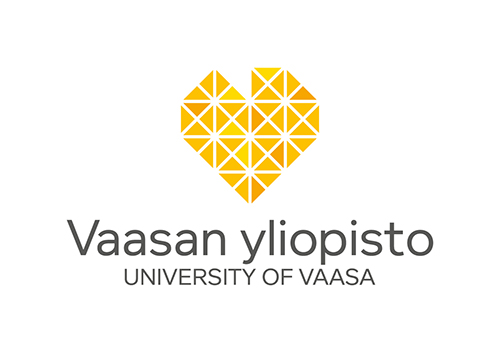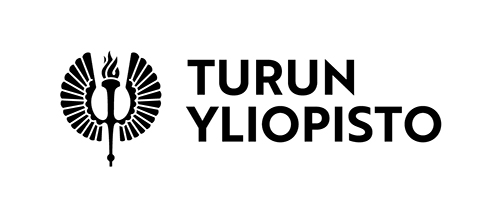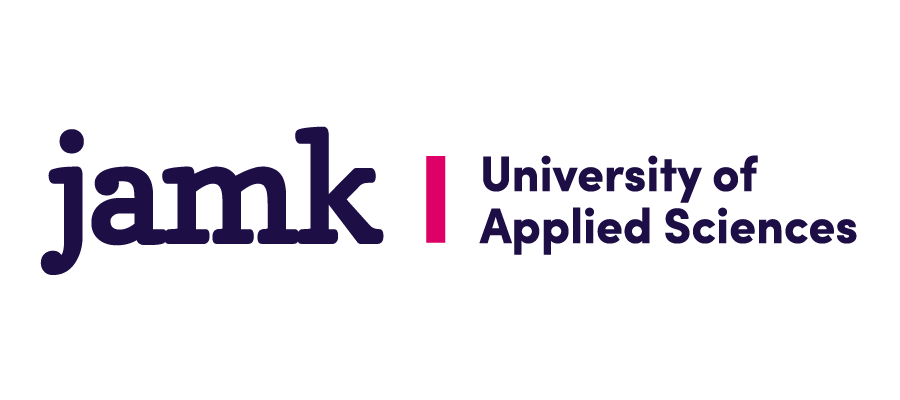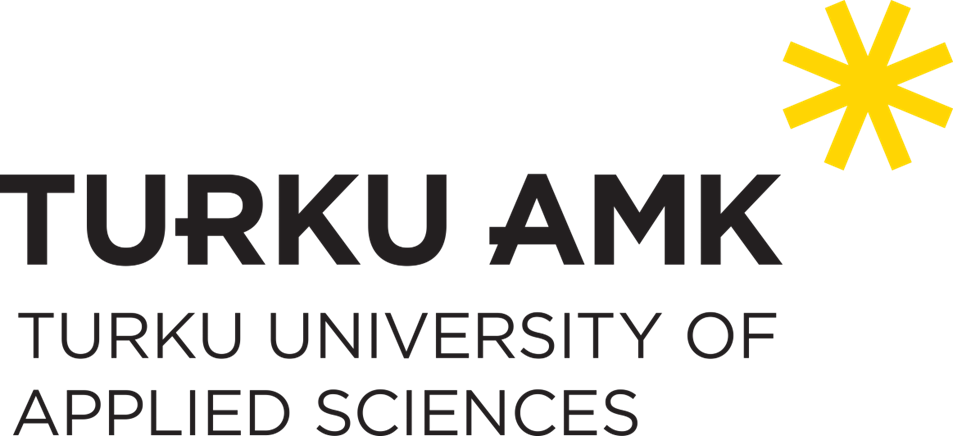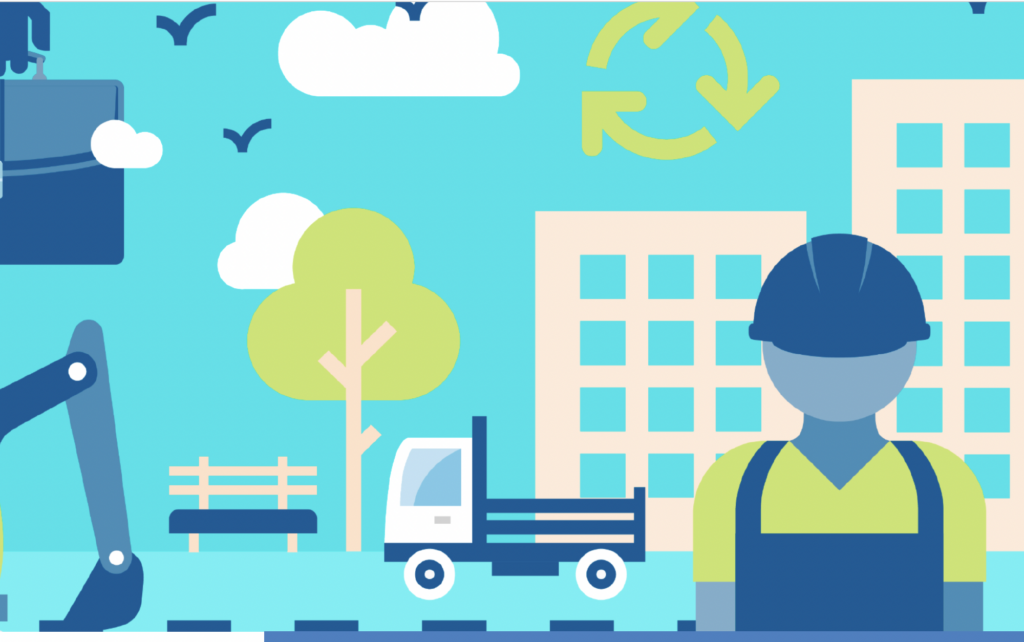
Well-being AI: Workplace well-being and productivity in the era of artificial intelligence in service sector companies
1 October 2024 - 30 September 2027
Health and Welfare

Project objective
The primary objective of the project is to develop and implement everyday innovations needed in the participating companies to enhance workplace well-being and productivity. The project aims to foster an inclusive work culture, improve workplace well-being and productivity, and increase the use of artificial intelligence in enhancing these aspects. Additionally, the project seeks to disseminate information about its activities and outcomes regionally and nationally, as well as to embed its results in collaboration with stakeholders.
Project activities and their description
The participating small and medium-sized enterprises (SMEs) in the service sector will be offered:
- Service design workshops to address specific questions, opportunities, and challenges related to workplace well-being and productivity.
- Need-based solutions to improve well-being and productivity through, for example, work design methods.
- Workshops focusing on the role of artificial intelligence in promoting workplace well-being and productivity.
- Targeted interventions on contemporary themes that support the positive connection between well-being and productivity. Such themes include hybrid work, improving working conditions and job satisfaction, responsibility, future-oriented work practices, promoting equality, enhancing community and interaction in modern work, supporting mental health, advancing work ability, reducing sickness absences, and leadership issues.
Project outcomes and impacts
The project will create an inclusive service toolkit utilizing artificial intelligence. The toolkit will be developed from the best practices and effective materials produced during the project. It will include interactive materials compiling everyday innovations, targeted insights, and workshop outputs for companies to use. The toolkit will be openly accessible to Finnish companies, enabling them to independently use the interactive materials during and after the project.
The project impacts include:
- Development of an inclusive work culture.
- Improved workplace well-being and productivity through company-specific assessment practices.
- Increased utilization of artificial intelligence to support productivity and well-being.
- Enhanced skill levels.
- Creation of new collaboration networks among SMEs.
Project partners and funding
The project is implemented by the University of Lapland (lead partner), University of Vaasa, University of Turku, Jyväskylä University of Applied Sciences, Turku University of Applied Sciences, and Oulu University of Applied Sciences.
This project is funded under the ESR 2021-2027 funding program, co-funded by the EU. The funding has been granted by the North Ostrobothnia ELY Centre.
4o

